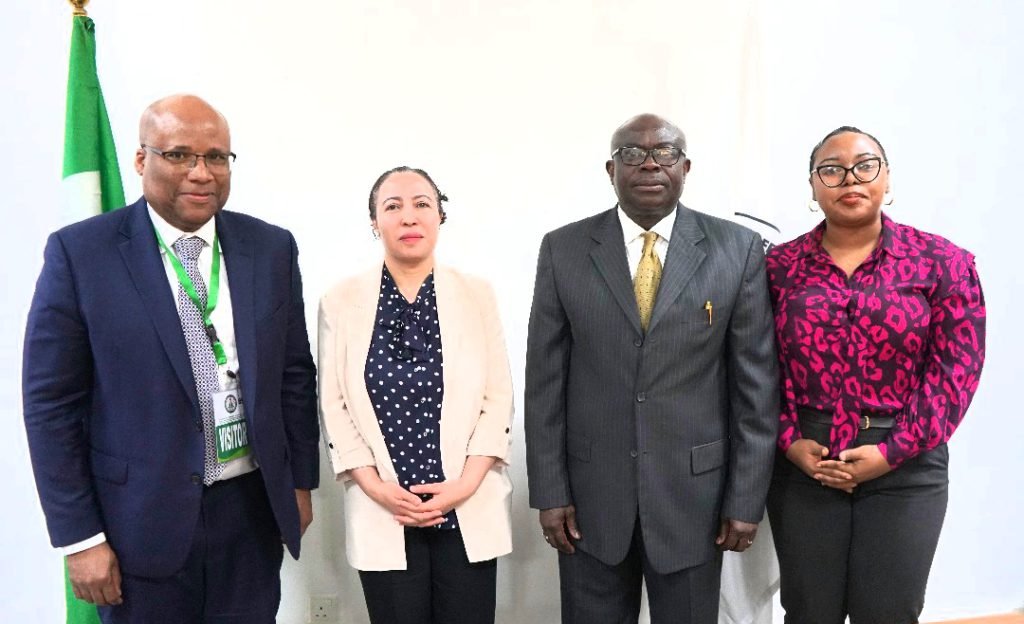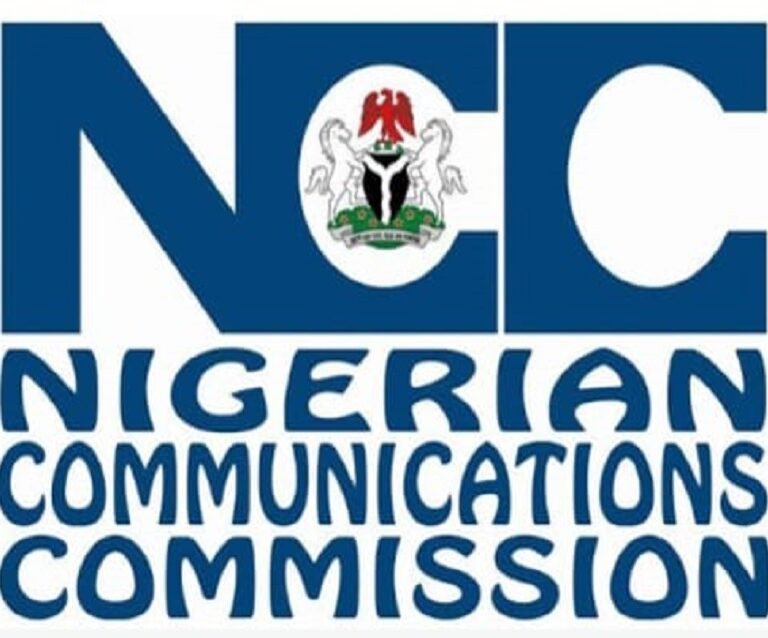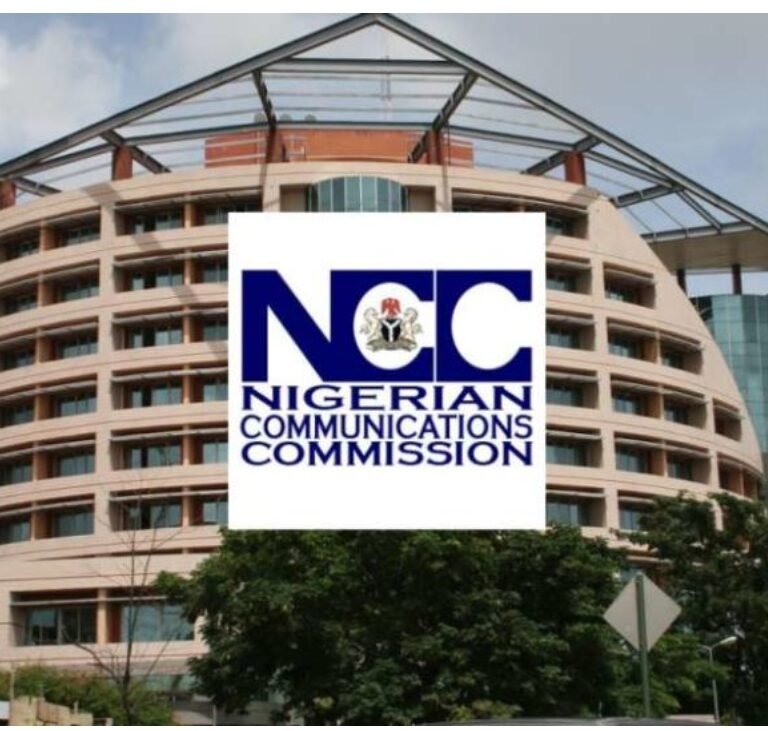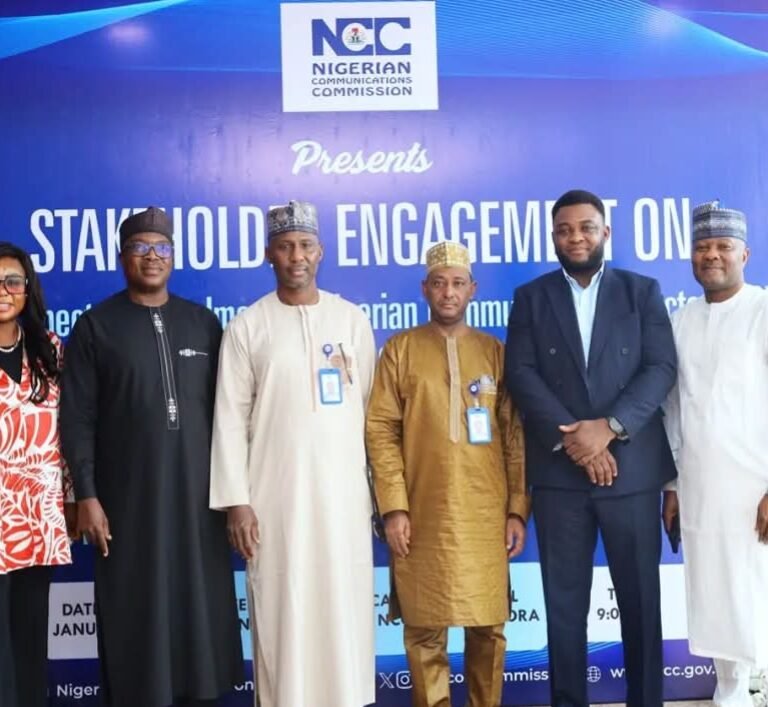
The Independent Corrupt Practices and Other Related Offences Commission (ICPC) has called for a shift towards more strategic, intelligence-led, and technology-driven methods in the fight against corruption, as financial crimes in Nigeria become increasingly complex.
This call was made during a high-level meeting with the International Monetary Fund (IMF) Article IV Consultation Team in Abuja on Monday. The meeting formed part of the IMF’s annual economic review mission to Nigeria and was detailed in a statement issued by the ICPC’s Director of Public Enlightenment and Spokesperson, Demola Bakare.
The IMF team, led by Mr. Jonathan Pampolina, was in Nigeria at the invitation of the Federal Government to assess progress on governance reforms and anti-corruption efforts. Representing the ICPC, Secretary to the Commission, Mr. Clifford Okwudiri Oparaodu, DSSRS, reaffirmed the agency’s commitment to deploying intelligence-based investigations, strengthening institutional collaboration, and leveraging technology to detect and disrupt corruption.
In a detailed presentation titled “Nigeria–International Monetary Fund Hybrid Article IV Consultation Exercise,” Mr. Richard Bello, Deputy Director of Planning, Research, and Statistics at the ICPC, highlighted the Commission’s reform-driven efforts under the leadership of Chairman Dr. Musa Adamu Aliyu, SAN.
Bello emphasized that corruption continues to pose a grave threat to Nigeria’s economy and governance systems, noting the Commission’s success in disrupting illicit financial flows, exposing procurement fraud, and prosecuting cases of embezzlement and money laundering since January 2024.
“Our operations are increasingly guided by intelligence,” Bello said. “We have recovered substantial public funds and are deepening collaborations with national and international partners such as the EFCC, NFIU, Code of Conduct Bureau, and INTERPOL.”
However, Bello also drew attention to critical barriers hampering investigations, particularly in digital forensics. He cited the prohibitive cost of digital forensic tools and the recent withdrawal of Cellebrite’s services from Nigeria, which has created a significant operational void in digital evidence gathering.
He further highlighted the challenges of retrieving evidence in cross-border corruption cases, pointing to delays in the Mutual Legal Assistance Treaty (MLAT) processes and rigid international legal standards as major constraints.
The IMF team also reviewed ICPC’s Corruption Risk Assessment model and engaged with directors from various ICPC departments, including the Anti-Corruption Academy of Nigeria (ACAN), to understand ongoing reform strategies and capacity development initiatives.
The meeting concluded with consensus on the need for data-driven systems, enhanced legal reforms, and stronger international cooperation to effectively combat systemic corruption in Nigeria.








